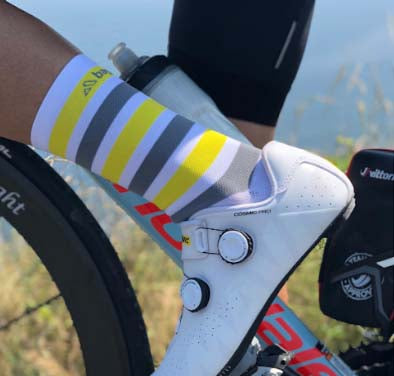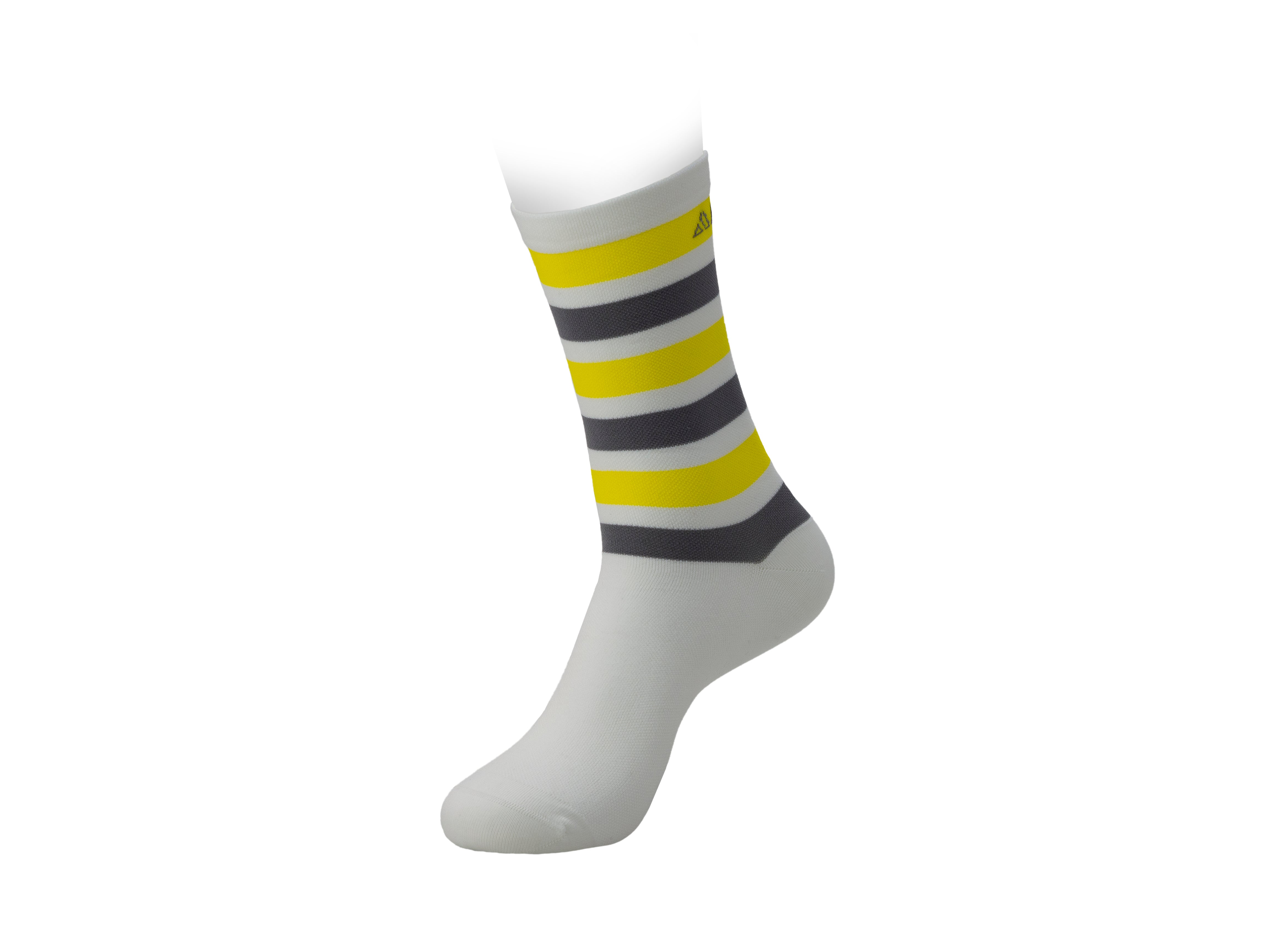Alaphilippe is not Valverde's heir
If there's one thing we cycling fans like, it's playing cycling fiction. We speculate about what's going to happen, what might have happened if that cyclist hadn't crashed... We also like pitting riders from different eras and even from different disciplines against each other. Also, why not say it, we like (or rather, we can't help but speculate about gasoline and other shady matters. It's something that makes cycling a unique sport, so prone to literary creation in our minds.
And if there's one rider who's been the subject of countless speculations of all kinds, it's Alejandro Valverde . During his early years, everyone wondered what kind of rider he might have become. Then, as he matured, everyone wondered what kind of rider he might have been if he'd focused his career on other goals. Now, everyone is wondering who his successor will be. The name that's been bandied about the most in the last five years as the Murcia native's successor has been Julian Alaphilippe. It might have sounded laughable, seeing how Valverde, at 37, beat him by two bike lengths on the Mur de Huy and won Liège again that same year. It might have even sounded laughable a few months ago in Innsbruck . But nothing could be further from the truth. Alaphilippe is now the biggest rock star of the peloton and a well-established rider, and no, he's not Valverde.
What if Valverde had been Belgian? What if, instead of in Las Lumbreras, he had grown up in Kortrijk? Or, more simply, what if, after leaving Kelme, he had signed for Quick-Step instead of joining Banesto?

These are questions without definitive answers, but we can all imagine where his career would have gone. And I think we have in Julian Alaphilippe a fairly reliable answer to what Valverde would have been, at least in terms of qualities. In his youth, Valverde was faster, stronger, climbed higher, and tolerated the passing of time much better than Julian Alaphilippe does today. Therefore, there's no doubt that the Murcian is, athletically, a far better cyclist. One of those born once in many years.
Do you see Alaphilippe this year, winning stages on every stage, winning classics with tremendous authority? That would have been Valverde. That, but much more brutal. Alaphilippe is not Valverde's heir. Alaphilippe is what Valverde should have been.
And with this post, I don't want to ruin the career of a legend of Spanish sport, one of the cyclists I've admired most and will always admire. But I think it will be inevitable when, in 15 or 20 years, I look back at Alejandro's record and miss the Milan-San Remo, the Amstel Gold Race, the Giro di Lombardia... It's inexplicable how he's scuppered his chances in those classics to achieve goals that were beyond his reach. Spanish cycling culture. That culture that forced Olano to become a tour-goer by force. That culture that underestimated riders of the caliber of Freire and Flecha, who never received the recognition they deserved.
Is a Tour de France podium worth more than a Giro di Lombardia or a San Remo? I have a clear answer. There's a rather famous headline out there about an interview Valverde gave, in which he stated that he was more motivated by the Vuelta a Murcia than the Milan-San Remo.

But Alejandro Valverde is Alejandro Valverde. He's not Bettini, or Bartoli, or Alaphilippe. Without that way of thinking, without that idiosyncrasy, being the kind of cyclist he is and with the mentality he has, he wouldn't be Alejandro Valverde.
If Valverde had been in Belgium, he might not have enjoyed his entire career so much. He probably wouldn't have been as comfortable as he has been for so many years in Spain. If he had been in Belgium since he was young, he probably would have suffered more crashes, been more isolated, and we wouldn't have him winning races and wearing the rainbow on his back at almost 40 years old.
Alejandro is unique, and not just for his athletic abilities. He has overcome a serious suspension and injury. Pressure from within and outside his circle. Hundreds of people have told him throughout his career where to go, how to race, what to do. Alejandro has worked for teammates and national teammates (just ask Freire). That's why he's unique too. A cyclist who has never worn a bib number to train, who has always dignified this sport and the jersey he wears.
Alejandro must be loved as he is. Because if he hadn't been who he is, he wouldn't have been Alejandro Valverde.
In Spain, we will have more Tour de France winners and more world champions in the future. But there will never, ever be someone like Alejandro Valverde.
An article by Fran Alarcón for Baggicase.
